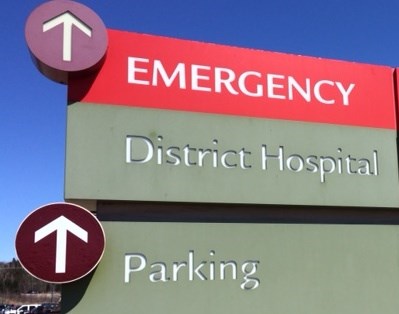A Canadian Union of Public Employees poll released today shows strong support for keeping the in-hospital addiction treatment program with 31 beds including several dedicated to crisis intervention at the North Bay Regional Health Centre (NBRHC) open.
According to the poll 74 per cent of 1,005 people in North Bay support the program.
The poll was taken January 12 and 13 and was random and automated, done for CUPE by a company called Union Calling. The margin of error is ±3.053% 19 times out of 20
In mid-December, CUPE revealed the elimination of the only in-hospital residential addiction treatment program in the area. The beds and service cuts are slated to take effect this coming June.
Se: CUPE officials fear severe cuts to vital hospital residential addiction program
At that time, the union said statistics indicated there have been 138 reported drug-related overdoses in the area since May of 2019.
Since then, the number of reported drug overdoses and deaths has gone up. North Bay Parry Sound District Public Health Unit data shows that between May 2019 and the beginning of January 2020, there were 154 reported drug overdoses. Eight resulted in deaths.
CUPE’s Ontario Council of Hospital Unions president Michael Hurley, says the poll, “suggests that many in the North Bay community believe that access to residential treatment is a key element in helping people who have chosen the hard road to recovery from addiction. They do not support the closure of the hospital program.”
Only about 17.5 per cent of those polled said they think replacing a 29-bed, 24/7 hospital addiction treatment program and two in-hospital crisis beds with a six-bed residential program in the community, is a good idea according to a CUPE news release.
“There are many North Bay families struggling with addiction. It is misleading to make this a debate about community services versus an in-hospital residential program. It helps no one to cut a hospital treatment program and channel a small part of the money to a few community-based services,” Hurley says. “The discussion should be, ‘how do we increase access to treatment and keep the hospital program open?"



